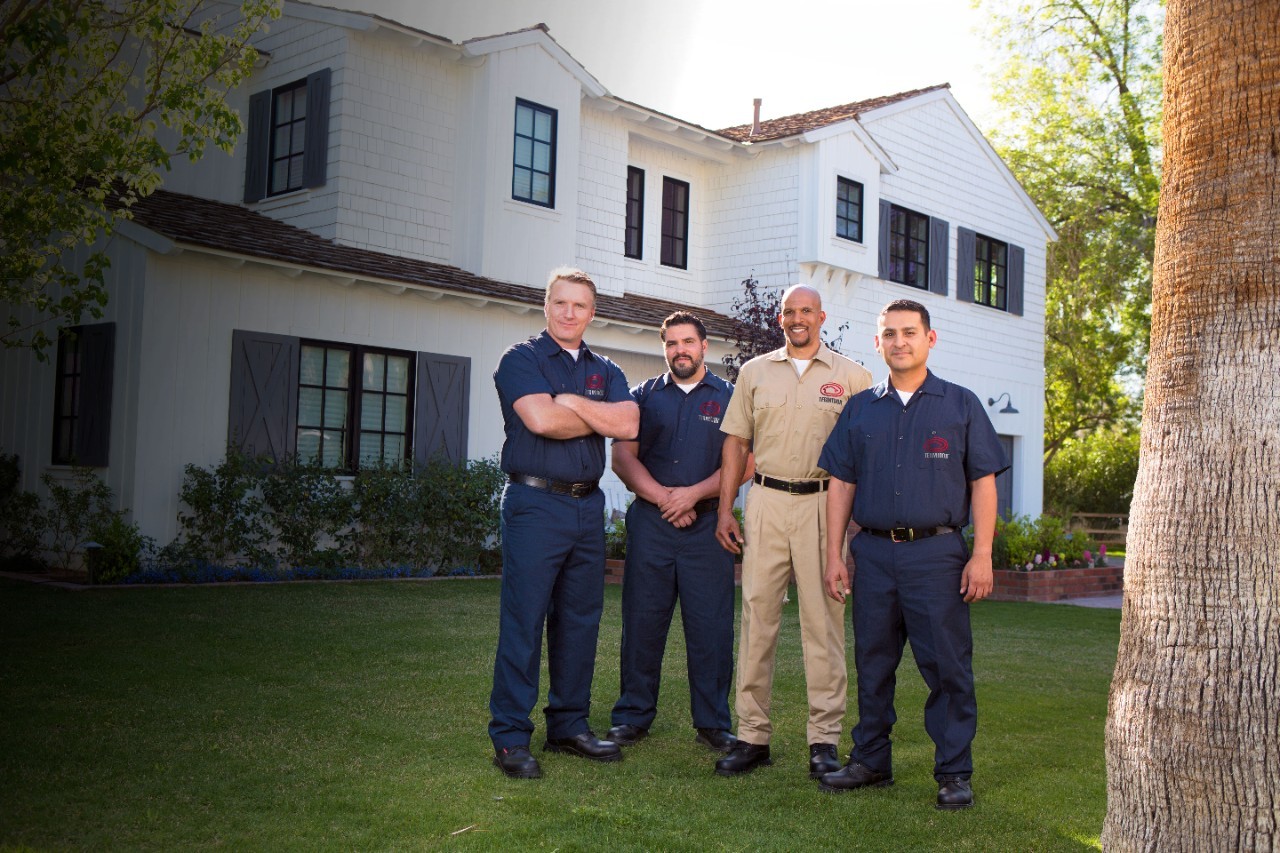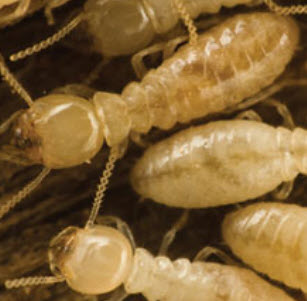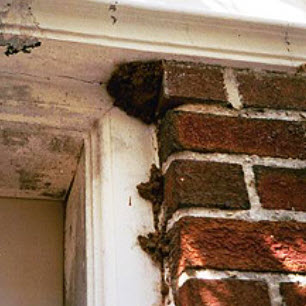- Although Western subterranean termite colonies are largely located in the ground, secondary colonies can exist above ground if there is a constant source of moisture.
- Western subterranean termites will often build mud tubes for travel between their colonies and their food sources.
- Damage caused by Western subterranean termites is commonly found in the basement and at ground level, although the termites will attack wood at higher levels.
- Development from eggs to adults may take more than 5 months, and workers may live from 3-5 years.
- Swarmers are usually produced from mature colonies that have been active for years.
- Research has shown that populations are higher in urban areas than in undeveloped habitats. The termites prefer soil temperatures between 84° and 90° F
The Western subterranean termite is the most common and most widely distributed termite in the western half of North America. It is a problem for homeowners from British Columbia in Canada, south to western Mexico, and east as far as Idaho and Nevada.
This native American pest can enter structures through cracks less than 1/16 of an inch wide, including the tiny openings found in concrete slabs, around drainpipes, and between the slab and the foundation.
Western subterranean termite colonies are usually located in the ground below the frost line but above the water table and rock formations. They are typically detected by the presence of the mud tubes they construct, or when large numbers of winged termites "swarm" or leave the colony to search out mates. Swarms occur in the daytime, and in California, they occur on warm, sunny days during the fall, winter, or early spring. In the northern sections of the termites' range, spring swarms commonly occur in the absence of rainfall.
Some quick facts about Western subterranean termites:
Interested in learning more about termites?

The assurance of a Termidor termiticide/insecticide licensed professional.
Your licensed pest management professional can also help explain how to correct any conditions that currently exist in your home that are inviting to termites.



